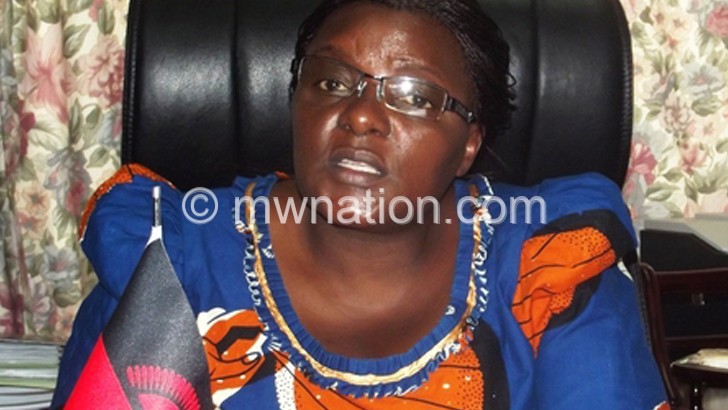Met says first rains yet to fall
The Department of Climate Change and Meteorological Services has said the heavy rains experienced in Blantyre City and other parts of the country yesterday should not be mistaken for the onset of the first rains.
Winston Chimwaza, the department’s chief meteorologist responsible for prediction, said in an interview that Monday’s rains were just the setting up of first rains that resulted from a convergence created by the meeting of south easterly winds and north easterly winds after the country experienced pre-season rains (chizimalupsa) two weeks ago.

He said: “It normally starts from the south now this convergence has just passed by, progressively moving to central Malawi by tomorrow and eventually northern parts of the country.
“After the passage of this convergence, it will die down again where we will experience another spell of hot temperatures then around 23rd November we will have another convergence passing over Malawi again and this convergence is likely to link up with the establishment of the main rain bearing system.”
However, reports indicate that there were also heavy rains in some parts of the Central Region, notably at Mitundu in Lilongwe and Mzimba in the Northern Region where heavy rains accompanied by thunderstorm damaged several houses.
Commenting on the intensity of the rains, Chimwaza described it as normal during the month of October and November, saying it was a result of accumulation of heat in the atmosphere, following hot temperature the country experienced over the weekend that reached as high as 42 degrees Celsius, whose release resulted into severe thunders and strong winds.

In the meantime, Ministry of Agriculture, Irrigation and Water Development said it was too early to advise farmers on whether to start planting their crops, particularly maize.
Principal Secretary Erica Maganga said in an interview the ministry relies on information from the Department of Climate Change and Meteorological Services which is usually based on rainfall for 10 days.
She said: “But that aside, we advise farmers that if they think they have received effective planting rains they can proceed to plant but for them to know they have to consult their agricultural field staff. We also encourage them to use their indigenous knowledge because they have been growing these crops for some time.” n





